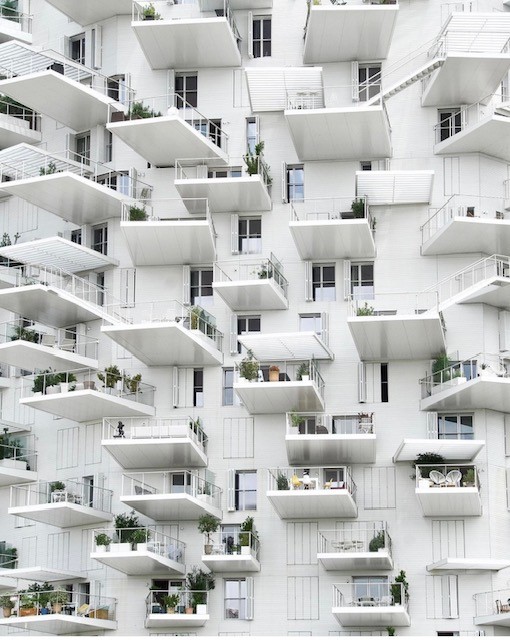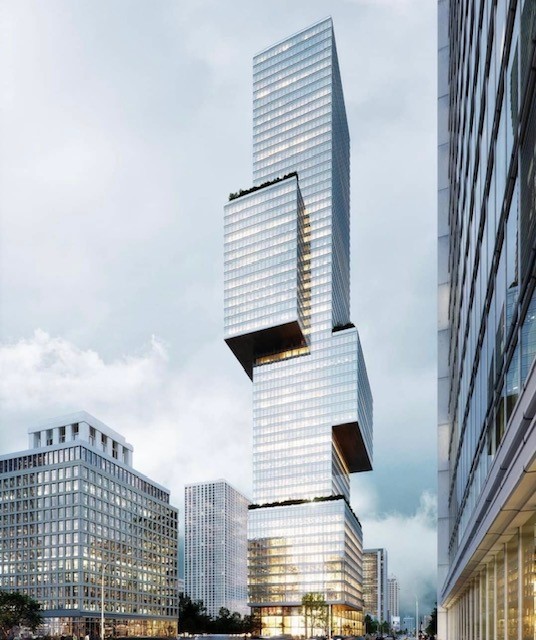Does the homeowners' association have the authority to enter a home for repairs or renovations?
In apartment buildings, it's common for residents to file complaints about damage with the homeowners' association (VvE). In some cases, the VvE is responsible for repairing the damage. To determine the cause of the damage and carry out repairs, the VvE sometimes needs access to the apartment(s). However, some apartment owners or tenants refuse to grant access. In that case, does the VvE have the authority to access the apartment?
Cause of damage due to common matters
When a resident files a complaint with the homeowners' association (VvE) about damage to their property, the cause of the damage must be determined. Whether the VvE is responsible for the damage depends on the cause. In principle, the VvE is responsible if the damage is caused by a defect in common areas (such as pipes in the apartment building). In that case, the VvE must ensure that this damage is repaired. In some cases, an expert investigation is required to determine the cause of the damage. However, sometimes an owner or tenant refuses to cooperate with an investigation and refuses to grant access to their property. What are the rights and powers of the VvE in such cases?
Granting access to the home by the owner
If an action needs to be performed regarding the common areas or property of the apartment building and access to the private area of an apartment is necessary, the owner of the property is obligated to grant access. This is stipulated in the 1973 and 1983 model regulations, and the provision was supplemented in the 1992 and 2006 model regulations with an obligation for the owner to cooperate. The homeowners' association is then obligated to compensate for any damage resulting from the inspection of the property if it turns out that the damage was caused by a problem within the common area of the apartment building.
If the owner refuses access to the property, the VvE must first send a letter requesting access. If the owner continues to refuse access after this, the VvE may, in some cases, impose a fine. In addition, legal proceedings must be initiated to enforce access to the property. To initiate legal proceedings, the VvE board requires authorization from the general meeting of members. An exception is made in the case of an acute, serious situation; in that case, the board is authorized to act without authorization from the meeting in order to minimize the damage.
Granting access to the home by tenant
It is also possible that the apartment owner has rented their property to a tenant. The tenant can then also refuse access to the property. The division regulations for use, management, and maintenance also apply to a user or a tenant. Based on the provisions regarding access to an apartment in the aforementioned model regulations, the homeowners' association (VvE) can also enforce the tenant's access in the case of a rented property if an action needs to be performed regarding a common area or common property, and access to the private area is necessary for this.
The landlord of the property, who is a member of the homeowners' association (VvE), can also hold the tenant accountable, after which the tenant is obligated to provide permission for urgent work or renovations to be carried out. Therefore, both the VvE and the landlord can hold the tenant accountable and obligate them to grant access to the property in question for the execution of necessary work.
Would you like more advice on this topic? Visit us at Verploegh Chasséplein 1, 3134 BZ Vlaardingen, chat via www.maesnotarissen.nl, email service@maesnotarissen.nl, or call us at +31 (0)10 44 53 777. We look forward to seeing you.
This article is taken from 'Met Recht Geregeld' (www.metrechtgeregeld.nl), a product of FBN Juristen.
FBN Juristen and MAES civil-law notaries take the utmost care with the content of the articles, but accept no liability for incompleteness or inaccuracy of an article, nor for the consequences thereof.


Services
See also

Why MAES notaries

